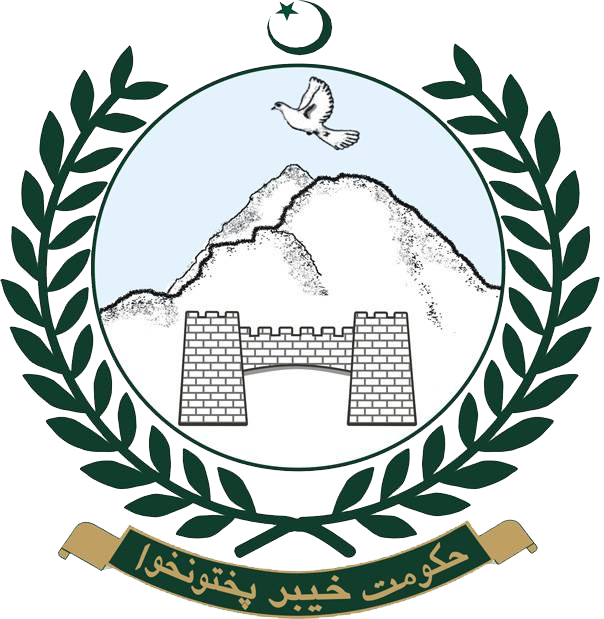Internship Detail
Required Qualification
- Bachelors Degree (4 Years) in Aama
Description
Gather, compile and present current sta?s?cs of the science, technology and innova?on landscape.? Analyze the current situa?on and short, medium and long term needs of the science, technologyand innova?on ecosystem, including academia, industry and startups in KP? Forecast future technological trends and developments and iden?fy strategic “thrust areas” for future investments and strengthening.? Assist the policy makers in decision making by developing a comprehensive long-term road map for future promo?on and development of sub sector.? To assist the Director (S&T) with regard to the organizing of workshops and seminars of relevantstakeholder.? To assist the Director in the prepara?on of reports.? Any other task assigned
Project Details
Science and technology (S&T) are advancing at an increasingly rapid pace while having complex forms of interaction with the economy, society and the environment. Effects are often not immediate but take place after a certain period or through second or third order effects. The understanding of the risks and opportunities of technological developments is essential for the policy making process, not only in Research and Development but for virtually all the other fields in public policy (e.g. economy, health, education, culture etc.). Nations also innovate continuously to retain their competitive advantage in key areas of the global economy. To emerge as a relevant developing economy, KP has to identify and develop strengths, or areas of ‘core competence’ that can give KP a progressive within the country and beyond.
Pakistan, with 180 million population ranks 123 out of 139 economies on the Global Competitive index as reported in 2010-11 by the World Economic Forum, with a similar poor rating on the innovation and technological indices. One primary reason of this is the fact that the development of science, technology and innovation ecosystem has in the past been consistently been ignored by policy makers. Only recently the Prime Minister of Pakistan has accorded formal approval to the National Science, Technology and Innovation Policy of 2012, in which science & technology has been declared as the main pillar of the socio-economic development and 2 percent of GDP is proposed to be allocated to the sector by 2020.
Although, the Directorate of Science & Technology has launched a number of initiatives for promotion & development of S&T in the province at different tiers, including research studies, research & development funding programmes, funding of infrastructure such as the Design Facilitation Centers and strengthening of laboratories and trainings and capacity building initiatives. But there has been a consistent lack of a coherent vision and a roadmap. A road-mapping exercise is thus required to identify and develop strategic strengths in key technological areas that are required to address the problems we face across different sectors, better utilize the scarce resources and help us build a competitive advantage in the face of the developing nations in the 21st century.
The primary benefit of data-driven strategic planning is that it enables better investment decisions and at the same time minimizes redundancy and increases synergy across sectors. Technology road mapping is critical when the technology investment decision is complex and not straight forward.
The proposed provincial policy for promotion & development of S&T is expected to provide anchorage, focus, and an extended look at the future through collective knowledge and imagination. Furthermore, the S&T Policy will also communicate our vision, attract talent and resources, stimulate scientific inquiries, catalyze new discoveries and inventions and serve as an inventory of possibilities for the promotion & development of S&T in Khyber Pakhtunkhwa.
